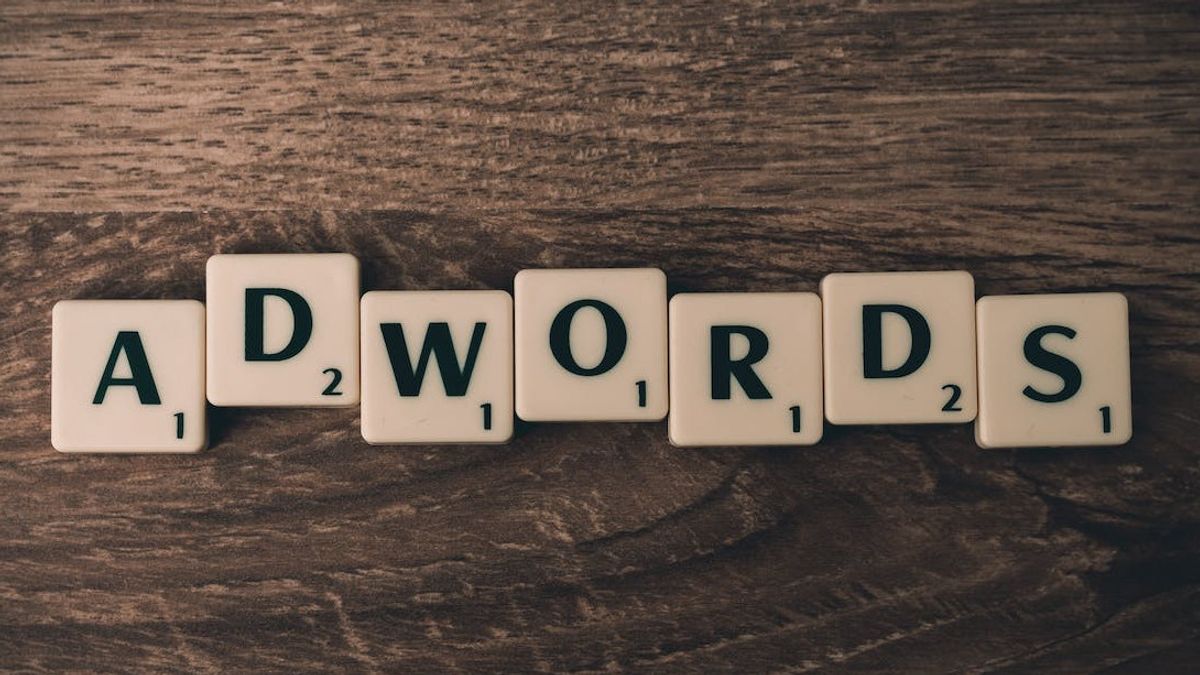Google and Microsoft have included ads into artificial intelligence (AI) experiments without providing an option not to participate, this approach has disappointed several brands and is at risk of causing further objections from the industry, ad buyers told Reuters.
The two tech giants are racing to update their search engines with artificial intelligence that could generate a written response to open questions. This process will change the way advertisers reach consumers through advertising in search results, a market that is expected to grow 10% to $286 billion this year, according to research firm MAGNA.
Microsoft is testing an ad in chatbot AI Bing, which began rolling out to users in February, by moving some traditional search ads and putting them in AI responses.
In an interview in May, Google's general ad manager Jerry Dischler said the tech company would also use existing search ads to experiment with ad placements in AI search "snapshots", an initial trial feature first available last month and referred to as Search Generative Experience. Google says that currently advertisers cannot opt out of this trial.
The two companies said they were still in the early stages of advertising testing in the AI's generating feature and were actively working with advertisers and asking for input from them.
Some advertisers are anxious that their marketing budget is spent on features that are only available to limited number of users, ad buyers say. Advertisers usually also want to have top controls where their ads appear online and be careful not to appear next to inappropriate or inappropriate content.
Microsoft and Google say existing rules on their search engines, including a list of blocked keywords to prevent ads from appearing on those searches, will also apply to their AI search features.
These two companies have spent billions of dollars on the development of a generative AI, making it important to earn revenue from this technology. This includes investment in other AI companies, such as Microsoft's multibillion-dollar stake in OpenAI, the creator of the popular ChatGPT, and Google's 400 million US dollars (IDR 5.9 trillion) stake in Anthropic, a competitor to OpenAI.
"Testing the placement of new ads without obtaining approval from brands is a worrying practice for advertisers," said Jason Lee, vice president of brand safety executive on Horizon Media, a media agency that has worked with brands such as insurance company GEICO and Corona beer. An ad buyer at a large advertising agency also said the practice was not considered standard in industry.
Some of the big advertisers temporarily withdrew their ad budget from Microsoft in response, according to an ad buyer familiar with the issue. Among them, Wells Fargo retains part of his ad budget outside Microsoft, the person added.
Wells Fargo himself did not respond to a request for comment.
In an interview, Lynne Kjolso, Microsoft's global vice president partner and retail media, said the company aims to make as many "seamless" new Bing ad formats as possible for advertisers, without adding more jobs to them.
"Microsoft recently launched a hotel advertisement in chatbot Bing and is trying to introduce ads to other industries, such as property," said Kjolso.
Advertiser objections are also associated with greater tensions as tech platforms are increasingly offering AI solutions that can produce better results for advertisers but require them to provide some control over their ads.
"This is not the first time Google and Bing have expanded their network while limiting controls to advertisers," said Samantha Aiken, a paid search supervisor at the marketing agency Code3.
For example, many people in the industry consider Performance Max from Google, a tool that uses AI to automatically search for the best ad placements in Google products without requiring advertisers to organize different ad campaigns, as an analytic "black box", he said, as algorithm models do not reveal how the algorithm determines where to show the ad.
Three ad buyers say they are concerned about a lack of transparency reports from Microsoft, or reports that could indicate what search keywords trigger the emergence of brand advertisements in the generating AI experience, or how the ads perform compared to traditional search ads.
Although Microsoft representatives have been responsive to these concerns, they have not provided a schedule for when a more complete transparency report will be available, the two ad buyers said.
"Advertisers can't just sign in and take reports to see how often they appear (on chatbot Bing)," said one of the ad buyers requesting anonymity to discuss private conversations with business partners.
Kjolso said the transparency report had become a major demand from advertising agencies, and Microsoft's product team was "performing it with priority".
"We are really thinking more about the additional levers and controls we need to provide to advertisers," Kjolso said, adding that the sales team is actively working with some brands to address their concerns about where their ads are emerging.
Two media buyers from the big ad agency said there were questions about how the search giant would prevent ads from appearing in AI responses containing "halusination" or misinformation.
According to Kjolso, Bing's web information can act as a "grounding" mechanism for large language models and actually reduce the risk of hallucinations.
The English, Chinese, Japanese, Arabic, and French versions are automatically generated by the AI. So there may still be inaccuracies in translating, please always see Indonesian as our main language. (system supported by DigitalSiber.id)








